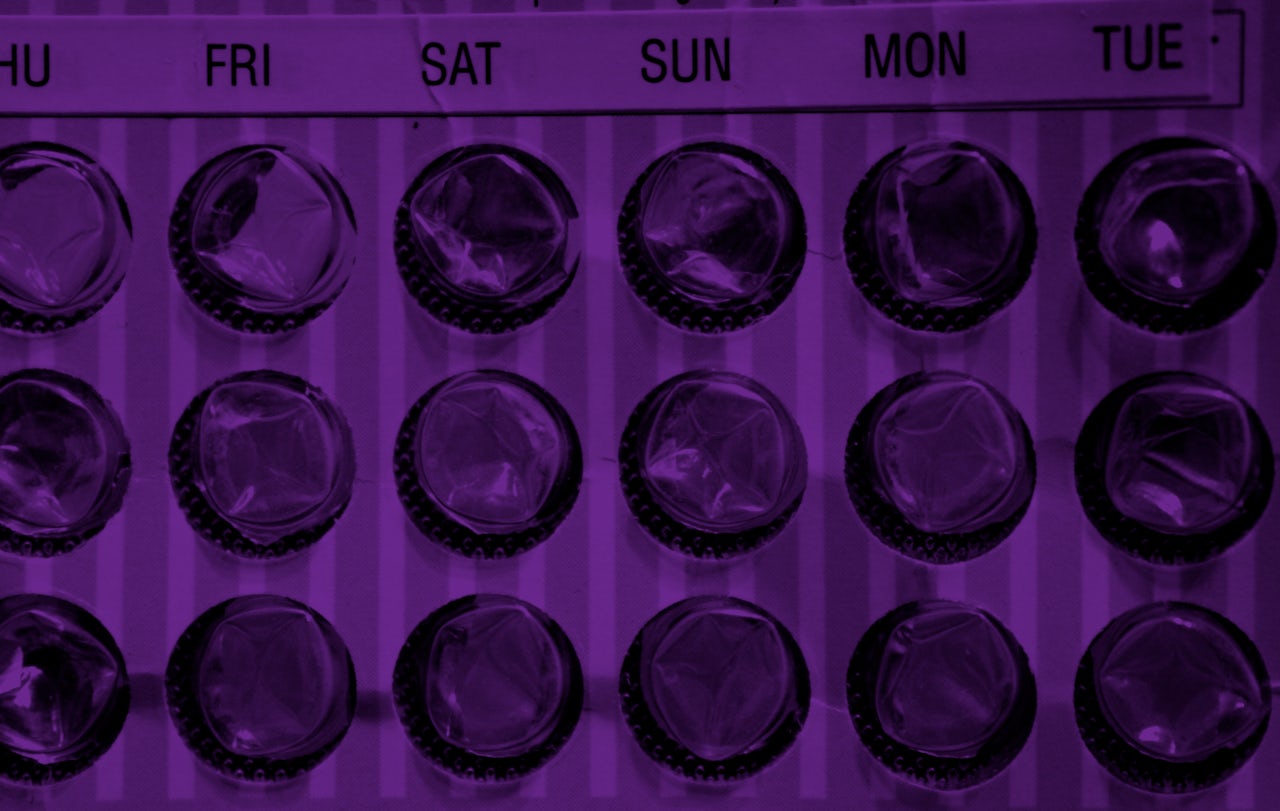A French pharmaceutical company, HRA Pharma, is partnering with nonprofit Ibis Reproductive Health in the US to begin the process of making oral contraceptives available over-the-counter. Currently, in the US, only Oregon and California allow women to buy the pill directly from a pharmacist, who can write and fill the prescription in lieu of a doctor. There are also several companies that write prescriptions for the pill online, which can then be filled at pharmacies. But the movement to make the pill truly "over-the-counter" is one that Ibis Reproductive Health has made its main mission. According to Vox, Ibis and HRA Pharma partnered in order to begin what will likely be a very long process of applying and receiving approval from the Food and Drug Administration to sell the pill without a prescription.
"Oral contraceptives (the pill) are one of the safest and best-studied medications on the market today," Ibis writes on its website, "and they are also one of the most popular and effective birth control methods available worldwide." In 2012 the CDC estimated that nearly 11 million women in the United States were on the pill, making it the most popular form of birth control. Though it is not without side effects, the pill, which is a daily medication of either progestin-only or a combination of progestin and estrogen, is about 91 percent effective. Ibis says that HRA Pharma is applying first for the progestin-only version to make the switch. Recent research has suggested that hormonal birth control (which includes pills, patches, implants, and IUDs) is linked to an uptick in relative risk for depression in women, but no causality has been established and the risks decreased again after the first three months on the medication. Regardless, the medication is widely considered to be both safe and effective.
Though it's not exactly hard to get a prescription for birth control, having to do so is widely considered to be a barrier for younger women who may feel afraid of talking to their doctors, and it is also a consistent, nagging pain for many others. Most insurance companies will not allow women to buy a long-term supply, and prescriptions need to be routinely rewritten every six months. Because the pill is a medication that depends on very regular use, this can mean that a woman often finds herself at the pharmacy for a refill without a current prescription on file. Missing pills can mean the method is unreliable for weeks. So in order to be fully effective, the pill needs to be readily available to women, every single day.
Many countries, including China and India, sell birth control over-the-counter. The US and many European countries require a prescription. Doctors have been arguing since the late 1960s that it could be sold safely without a prescription, and the The American College of Obstetricians and Gynecologists officially endorsed doing so in 2012. The American Medical Association and the American Academy of Family also agree that it is safe for over-the-counter use. It doesn't, after all, have a lot in common with many prescription medications: It's not habit-forming, pretty much everyone takes the same dose, it's preventative so nothing needs to be diagnosed to begin taking it, and it rarely interferes with other medications. The precautions for the medication are pretty run of the mill, and overall, it's much less dangerous than many other medicines that are currently available over-the-counter. For instance, acetaminophen — the active ingredien in Tylenol — is responsible for nearly 1,000 deaths per year, according to the FDA. The birth control pill is linked to very few deaths. In other words: There's pretty much no reason we need a prescription for the pill, other than the fact that that's the way we've always done it.
But the road from prescription to over-the-counter drug, known as the "Rx-to-OTC switch," can be long. Though it's not making any predictions, the company says it hopes to complete the application within "a few years." Of course, as with all things related to women's bodies in the US, the move is likely to be met with some pushback. Though studies have shown that free access to birth control does indeed reduce the number of unplanned pregnancies and abortions, conservatives, and many religious groups, maintain that birth control encourages sexual promiscuity.
